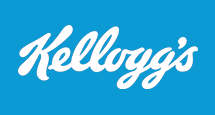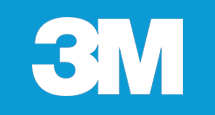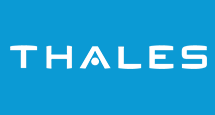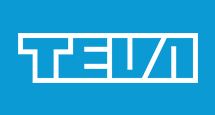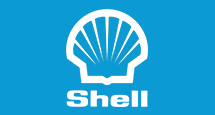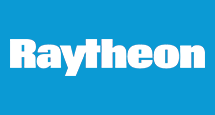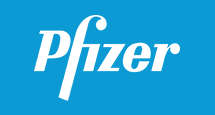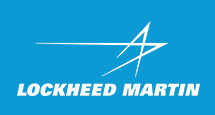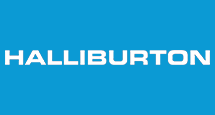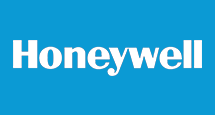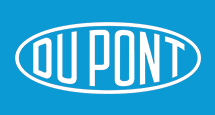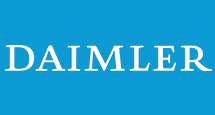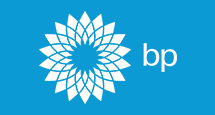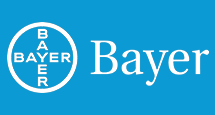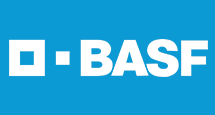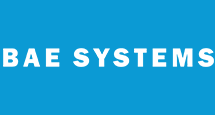Visiongain Publishes Autoimmune Disease Therapeutics Market Report to 2031
22 February 2021
Visiongain has published a new report on Autoimmune Disease Therapeutics Market Report to 2031. According to the Visiongain analysis, the global Autoimmune Disease Therapeutics market is anticipated to grow at a CAGR of XX% during the forecast period (2021-2031). The global Autoimmune Disease Therapeutics market is segmented By Indication (Rheumatic Disease, Multiple Sclerosis, Diabetes, Inflammatory Bowel Disease, Other) By Drug Class (Immunosuppressant drugs, Nonsteroidal anti-inflammatory drugs (NSAIDs), Biologics, Corticosteroids, Others), Distribution Channel (Hospital Pharmacy, Online Pharmacies, Other). Region (North America, Europe, Asia Pacific, Latin America, Middle East & Africa). The report includes detailed Profiles of Leading Autoimmune Disease Therapeutics Companies. PLUS COVID-19 Recovery Scenarios.
Global Autoimmune Disease Therapeutics Market was valued at US$XX billion in 2021 and is projected to reach a market value of US$ XX billion by 2031. The study covers detailed and insightful chapters on market overview, market segments, new developments, competitive landscape, strategic recommendations, key company analysis, market opportunities, pricing analysis, gap analysis, porter’s 5 forces model, company profiling, geographical analysis, and analytical overview of the market. The surge in adoption of autoimmune disease therapeutics and rising prevalence of autoimmune disease are some of the factors driving the growth of Autoimmune Disease Therapeutics market.
COVID-19 Impact on the Global Autoimmune Disease Therapeutics Market
The Coronavirus disease (COVID-19) is new virulent disease, growing transmission and fatal outcome in the global population. The pandemic is conditioning the treatment strategy of a complex disorder as rheumatoid arthritis (RA), and are at high infectious risk as compared to the general population, due to overall impairment of immune system typical of autoimmune diseases combined with the iatrogenic effect developed by corticosteroids and immunosuppressive drugs. However, increasing awareness about the pathophysiology of SARS-CoV-2 infection, leads to contribute towards some anti-rheumatic drugs as potential option to treat & manage COVID-19.
Market Driver
Surge in adoption of autoimmune disease therapeutics
The Hydroxychloroquine (antimalarial drug) is used in lupus and rheumatoid arthritis & may be helpful in some patients with Sjögren's syndrome, enables to reduce the joint pain. The disease-modifying antirheumatic drugs (DMARDS) includes compounds such as sulfasalazine, indicated to use for Rheumatoid arthritis, juvenile rheumatoid arthritis, psoriatic arthritis, ulcerative colitis, and other auto-inflammatory conditions. The increasing adoption of various drugs corticosteroids such as prednisone or immunosuppressive agents like methotrexate (Rheumatrex), azathioprine (Imuran), mycophenolate (Cellcept) or cyclophosphamide (Cytoxan) are increasing g to treat diseases. Additionally, the researchers are evaluating rituximab (Rituxan) and other biological therapies to treat cases of Sjögren’s syndrome.
Increase in incidence of autoimmune disease
According to American College of Rheumatology, it is estimated in US about 50 million people of all ages and genders have arthritis or other rheumatic conditions. The rheumatoid arthritis (RA) is common type of autoimmune arthritis, caused due to improper functioning of immune system. The patient with Sjögren’s syndrome is healthy, however, associated with rare complications such as risk for cancer of the lymph glands (lymphoma).
Market Opportunity
Increasing presence of pipeline drug
The Corbus Pharma investigational drug lenabasum, significantly completed primary objective of a Phase 2 study, without any unfavorable outcomes associated with the drug. The lenabasum is oral synthetic endocannabinoid-mimetic, used in patients with diffuse cutaneous systemic sclerosis. However, the drug does not receive US Food and Drug Administration-approval to treat overall disease. The pipeline drug for autoimmune disorder is currently in development by manufacturers, offers opportunity for promising advanced drugs.
Significant advancement in therapeutics
The formation of the National Organization for Rare Diseases, the Orphan Drug Act, investment for orphan drug development, the formation of the National Institutes of Health Office of Rare Diseases, and the passage of orphan drug legislation by other countries enhance the market growth. The Division of Advanced Therapeutics program is the flagship clinical research program in arthritis and autoimmune disorders at the Rebecca MacDonald Centre for Arthritis & Autoimmune Disease. It enables to develop advance therapies for rheumatic diseases, osteoarthritis, and psoriatic arthritis. However, the advancement in therapeutics enables to improvise and manage autoimmune diseases and provided availability of various option to treat the diseases.
Competitive Landscape
ABBOTT Laboratories, Hoffmann-La Roche AG, Johnson and Johnson, Bio-Rad Laboratories, Inc., Pfizer, Inc, Bristol-Myers Squibb, GlaxoSmithKline PLC, Biogen Inc, Bayer AG, Merck & Co., Inc., Chugai Pharmaceutical Co. Ltd. are some of the key players contributing to the growth of the global Autoimmune Disease Therapeutics market. The market players are adopting new strategies to stay competitive in the global market such as new product developments, joint ventures, mergers and acquisitions, and geographical expansions.
For instance, In December 2018 Chugai Pharmaceutical Co., Ltd announced that it has the US Food and Drug Administration (FDA) has granted breakthrough therapy designation for Chugai’s anti-interleukin-6 (IL-6) receptor humanized recycling antibody satralizumab, an investigational medicine for neuromyelitis optica and neuromyelitis optica spectrum disorders (NMO/NMOSD). The NMOSD is a rare, lifelong, and debilitating autoimmune disease of the central nervous system characterized by inflammatory lesions in the optic nerves and spinal cord.
In March 2019, Roche announced that the European Commission has approved MabThera (rituximab) to treat moderate to severe pemphigus vulgaris, a rare condition characterised by progressive painful blistering of the skin or mucous membranes. The PV is a rare and potentially life-threatening blistering condition which can cause severe pain and disfigurement.
Notes for Editors
If you are interested in a more detailed overview of this report, please send an e-mail to sara.peerun@visiongain.com or call her on +44 (0) 20 7549 9987.
About Visiongain
Visiongain is one of the fastest-growing and most innovative independent media companies in Europe. Based in London, UK, Visiongain produces a host of business-to-business reports focusing on the automotive, aviation, chemicals, cyber, defence, energy, food & drink, materials, packaging, pharmaceutical and utilities sectors.
Visiongain publishes reports produced by analysts who are qualified experts in their field. Visiongain has firmly established itself as the first port of call for the business professional who needs independent, high-quality, original material to rely and depend on.
